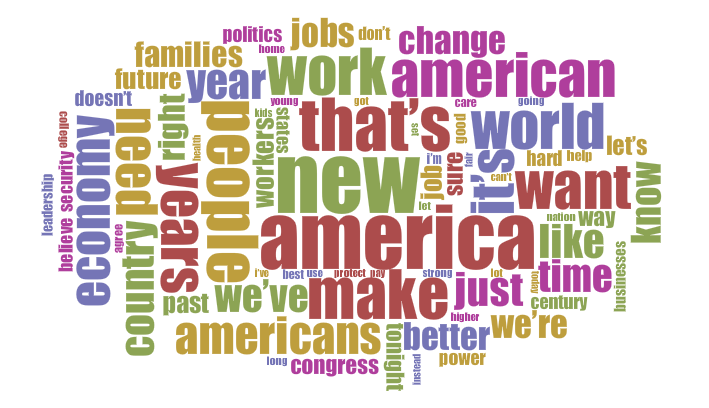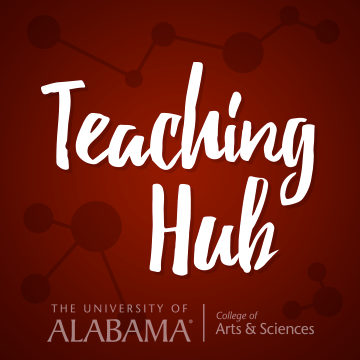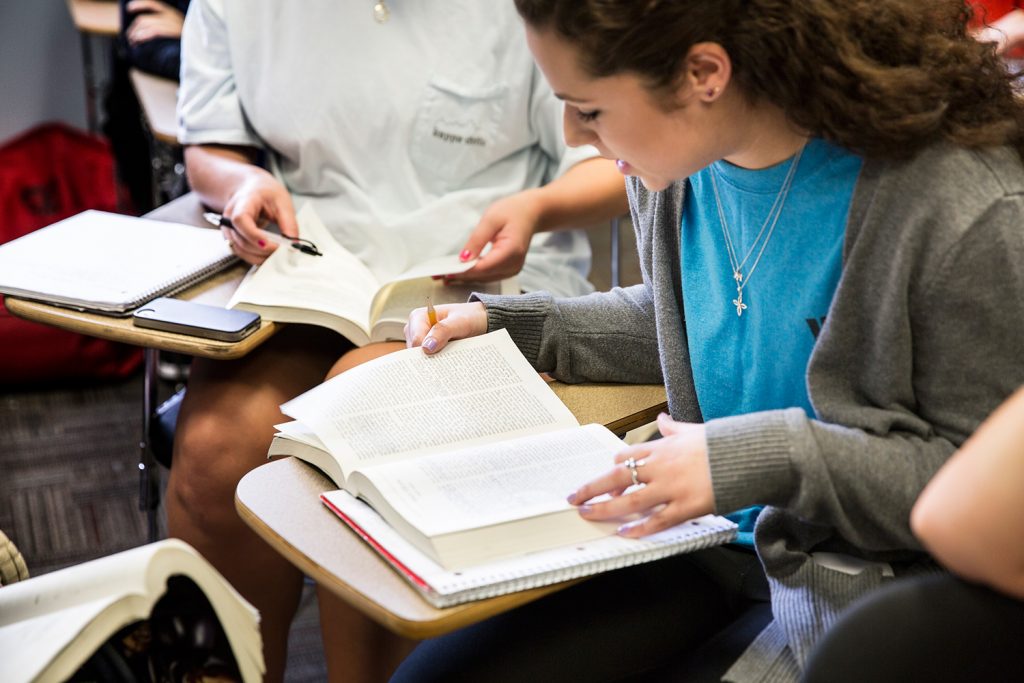Nathan Loewen, Department of Religious Studies Learning to read is a crucial skill for higher education. Student reading has changed due to the shift, and back, from going entirely online. When you order textbooks for your courses, are they mostly digital? (e.g. Access granted) Or, to make your course affordable and expose students to cutting-edge scholarship, do you forgo textbooks and post all your readings in Blackboard? When your students do research, are they using the Libraries e-book holdings or journal […]
Read More from Teaching how to do college: helping students read for learning





